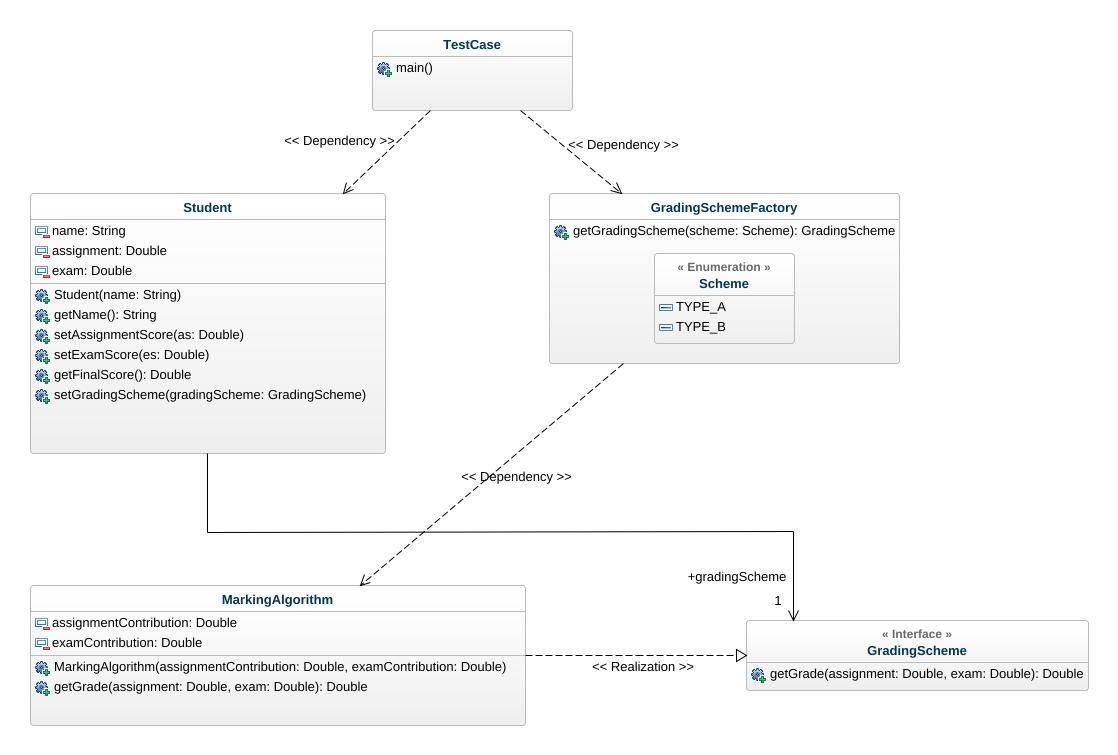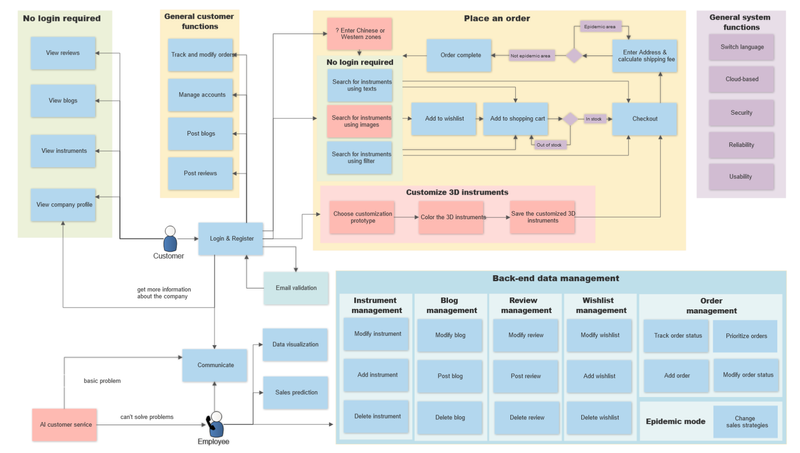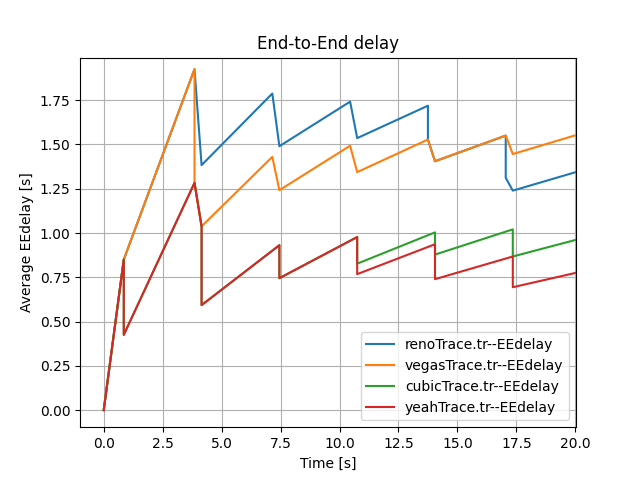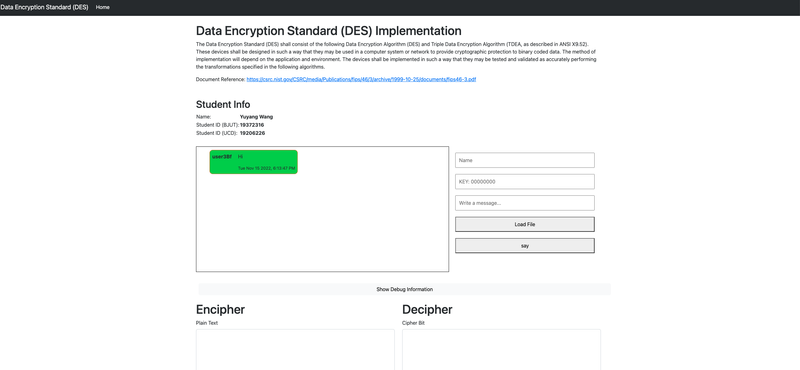Software Methodology Grading System Design
https://github.com/echo-cool/BDIC3023J-Software-Methodology-Grading-System
Design Pattern
The design pattern I chose is the factory pattern. First, in this program the user wants to create a grading algorithm, as long as he knows its name, and does not need to care about its specific implementation. Secondly, the extensibility is high, if needed to add a new grading algorithm, just change the factory class. At last, Shielding the specific implementation of the product, the caller only needs to care about the interface of the product
Class Diagram

Code
GradingScheme.java
public interface GradingScheme {
public double getGrade(double assignment, double exam);
}
GradingSchemeFactory.java
public class GradingSchemeFactory {
public static enum Scheme {
TYPE_A,
TYPE_B
}
public GradingScheme getGradingScheme(Scheme scheme){
if(scheme == Scheme.TYPE_A){
return new MarkingAlgorithm(0.4,0.6);
}
else if(scheme == Scheme.TYPE_B){
return new MarkingAlgorithm(0.5,0.5);
}
throw new RuntimeException("Unknown scheme");
}
}
MarkingAlgorithm.java
public class MarkingAlgorithm implements GradingScheme {
private double assignmentContribution;
private double examContribution;
public MarkingAlgorithm(double assignmentContribution, double examContribution) {
if ((assignmentContribution < 0 || assignmentContribution > 1)
|| (examContribution < 0 || examContribution > 1)) {
throw new RuntimeException(
"The assignment contribution and " +
"exam contribution should be " +
"between 0 and 1, now: " +
assignmentContribution +
" " +
examContribution);
}
if ((assignmentContribution + examContribution) != 1) {
throw new RuntimeException("The sum of assignment contribution and " +
"exam contribution should be " +
"1, now: " +
(assignmentContribution + examContribution));
}
this.assignmentContribution = assignmentContribution;
this.examContribution = examContribution;
}
@Override
public double getGrade(double assignment, double exam) {
return assignmentContribution * assignment + examContribution * exam;
}
}
Student.java
public class Student {
private String name; // full name of the student
private Double assignment; // score for the assignment
private Double exam; // score for the exam
private GradingScheme gradingScheme;
/**
* Construct the student from their name
* @param name full name of the student
*/
public Student(String name) {
this.name = name;
assignment = 0.0;
exam = 0.0;
}
/**
* @return the student's full name
*/
public String getName() {
return name;
}
/**
* @param as the assignment score to set
*/
public void setAssignmentScore(double as) {
assignment = as;
}
/**
* @param es the exam score to set
*/
public void setExamScore(double es) {
exam = es;
}
// TODO get the final score
public Double getFinalScore() {
if(gradingScheme == null) {
throw new RuntimeException("Grading scheme not set");
}
return gradingScheme.getGrade(assignment, exam);
}
public void setGradingScheme(GradingScheme gradingScheme) {
this.gradingScheme = gradingScheme;
}
}
TestCase.java
public class TestCase {
public static void main(String[] args) {
Student student = new Student("Harry Potter");
student.setAssignmentScore(88);
student.setExamScore(66);
GradingSchemeFactory factory = new GradingSchemeFactory();
// TODO switch to algorithm A:
student.setGradingScheme(
factory.getGradingScheme(
GradingSchemeFactory.Scheme.TYPE_A
));
System.out.println(
student.getName()
+ " "
+ student.getFinalScore().toString());
// TODO switch to algorithm B
student.setGradingScheme(
factory.getGradingScheme(
GradingSchemeFactory.Scheme.TYPE_B
));
System.out.println(
student.getName()
+ " "
+ student.getFinalScore().toString());
}
}
Output
Harry Potter 74.80000000000001
Harry Potter 77.0



